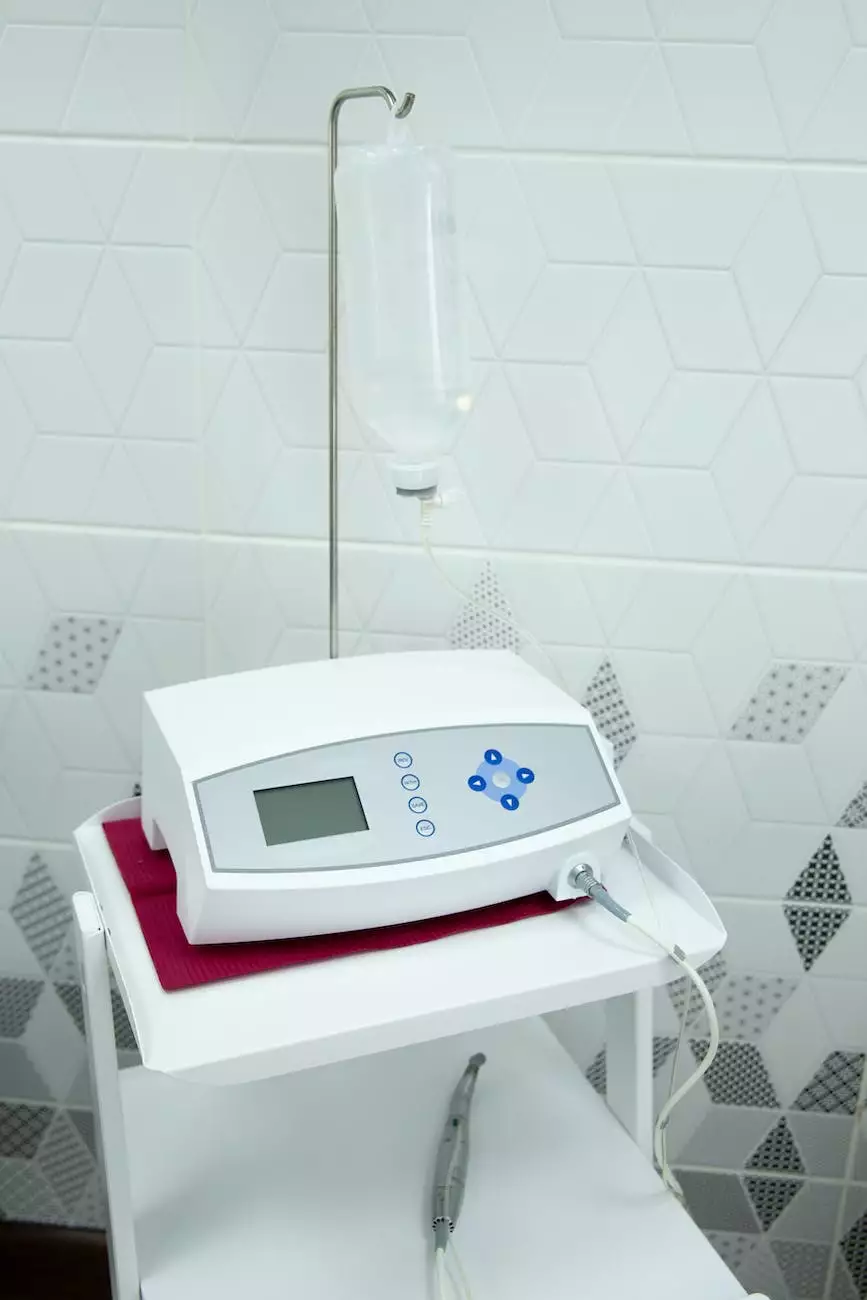Does Medicare Cover Dental Implants?
Implant Supported Dentures
Overview
Dental implants have become an increasingly popular solution for individuals seeking to restore missing teeth. However, many people wonder whether Medicare, the federal health insurance program primarily for individuals aged 65 and older, covers the cost of dental implants. In this comprehensive guide, Lawrence Dentistry, a leading provider of dental services in the health industry, will shed light on Medicare's coverage policy for dental implants.
Understanding Medicare Coverage
Medicare is divided into different parts, with each part covering specific healthcare services. While Medicare generally focuses on medical care, it does not typically cover routine dental procedures, such as cleanings, fillings, or dental implants.
Medicare Part A covers hospital services, and Medicare Part B covers medical services, but dental services are usually excluded. However, there are some exceptions and alternatives that could potentially provide coverage for dental implants.
Medicare Advantage (Part C) Plans
Medicare Advantage, also known as Medicare Part C, includes coverage from private insurance companies approved by Medicare. Some Medicare Advantage plans may offer additional dental benefits beyond what Original Medicare covers.
If you're considering dental implants, it's important to carefully review the dental coverage provided by different Medicare Advantage plans available in your area. Some plans may offer partial coverage or discounts for dental implants, while others may have more comprehensive coverage options.
Medigap (Medicare Supplement Insurance) Policies
Medigap policies, also known as Medicare Supplement Insurance, are designed to help fill the gaps in Original Medicare coverage. However, Medigap policies generally do not cover dental procedures, including dental implants.
It's essential to understand that Medigap policies are standardized, meaning they offer the same coverage regardless of the insurance company you choose. While they may provide benefits for other healthcare services, dental implants are typically not included.
Other Potential Sources of Coverage
While Medicare itself may not cover dental implants, there are alternative options that could potentially provide some financial assistance. These include:
1. Medicare Advantage Dental Plans
Some Medicare Advantage plans may offer standalone dental coverage, which could provide benefits for dental implants. It's important to research and compare different plans to find one that suits your dental needs.
2. Dental Insurance
Purchasing standalone dental insurance from a private insurer is another avenue to explore. These plans typically provide coverage for a variety of dental procedures, including dental implants.
3. Dental Discount Plans
Dental discount plans are not insurance but can help reduce the out-of-pocket costs associated with dental procedures. These plans offer discounted rates on various dental services, including dental implants.
4. Health Savings Accounts (HSAs)
If you have a Health Savings Account (HSA), you can utilize the funds to pay for eligible dental expenses, such as dental implants. It's important to check with your HSA provider regarding any restrictions or limitations.
Contact Lawrence Dentistry for Personalized Information
At Lawrence Dentistry, we are committed to providing our patients with accurate and up-to-date information regarding dental implants and insurance coverage. As experts in the field of dentistry, we understand that navigating the complexities of Medicare and dental insurance can be confusing.
If you have questions about Medicare coverage for dental implants or want to explore other options, our knowledgeable team is here to help. Contact Lawrence Dentistry today to schedule a consultation or learn more about our dental services.










